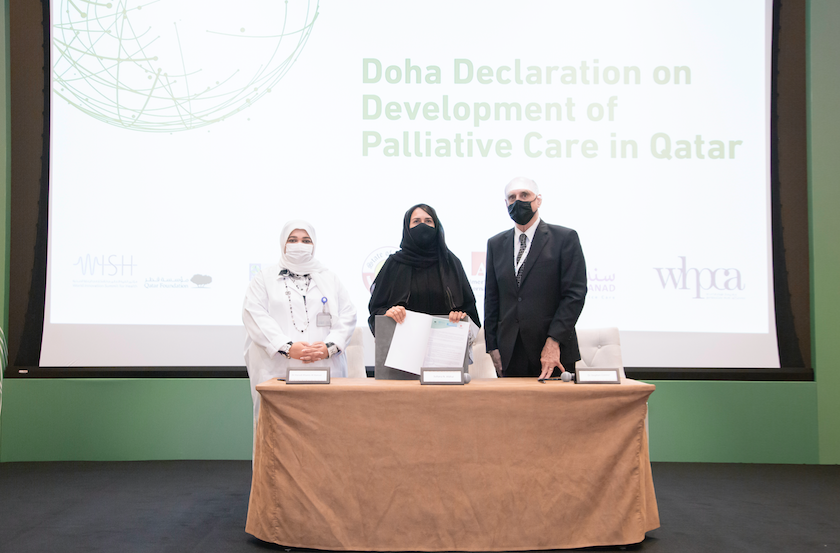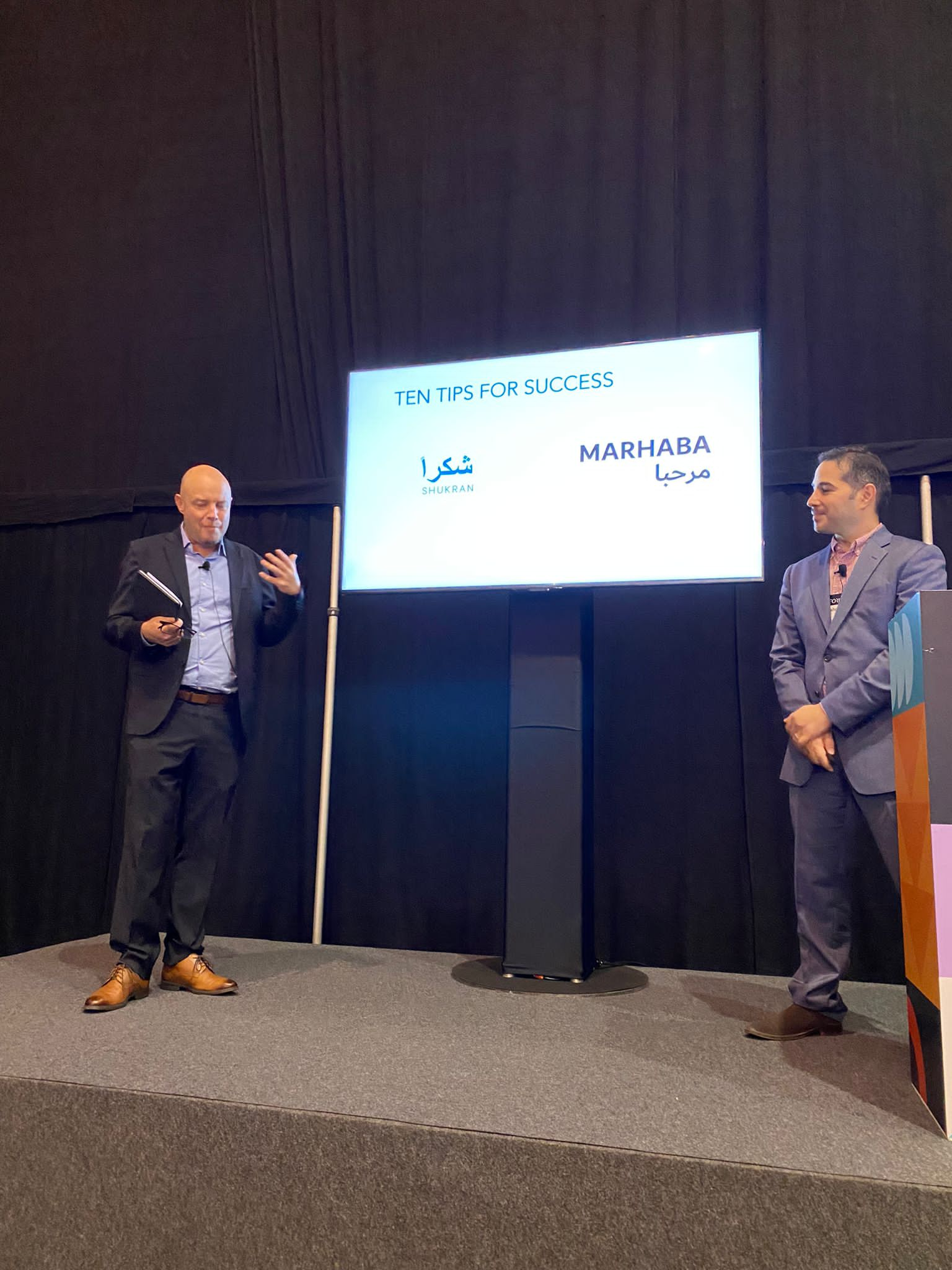96% Of Elderly Patients In Qatar Unaware Of Palliative Care, WISH Study Finds
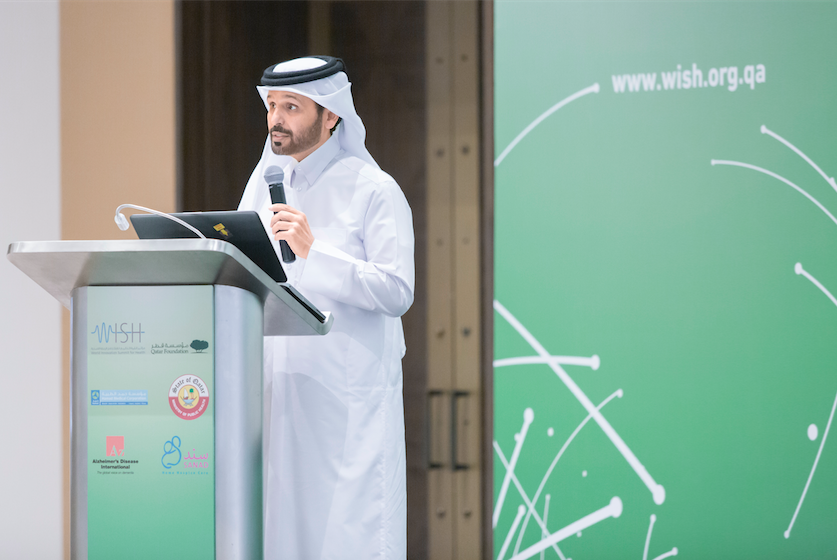
A recent study commissioned by the World Innovation Summit for Health (WISH) has found that 96% of patients needing palliative care in Qatar, and 91% of their caregivers, do not understand what the term means, and what services it entails.
A relatively new medical field, palliative care is a medical caregiving approach aimed at optimizing quality of life and mitigating suffering for people with serious and complex illnesses. The national study – the first of its kind conducted in Qatar – surveyed patients, the family member providing care, frontline healthcare workers and policymakers.
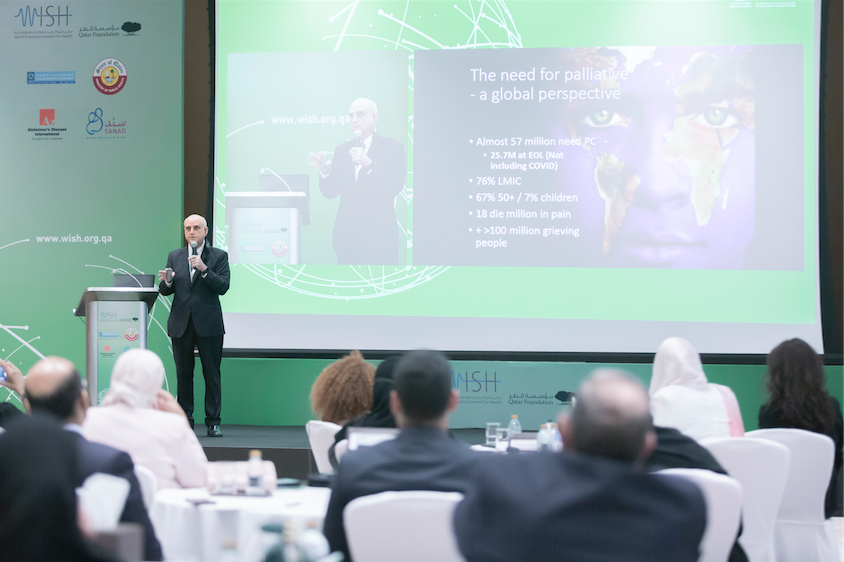
The patients who took part in the study had an average age of 70 and were from Rumailah hospital, a member of Hamad Medical Corporation (HMC), which offers six different types of care for the acutely ill. The majority of these patients suffer from non-communicable diseases such as diabetes and hypertension, and reported that their healthcare decisions are influenced by Islamic religion and Arabic culture. The full report on the findings of the study will be published at the beginning of 2022.
WISH, Qatar Foundation’s global health initiative, hosted a Qatar National Palliative Care Policy symposium to help evaluate Qatar’s progress in developing its palliative care program based on the World Health Organization’s (WHO) health model. The event took place in partnership with HMC, Qatar’s Ministry of Public Health (MoPH) and Alzheimer’s Disease International (ADI), a global organization which supports people with dementia and their families.
The symposium examined current gaps in public understanding of palliative care and the best way forward for the expansion of healthcare services through increased collaborations among healthcare providers.
“The outcomes of this symposium and of this study will be used as a baseline to address additional work streams such as directory development, competence frameworks and communication materials.”, said Dr. Salih Al Marri, Assistant Minister of Public Health for Health Affairs, MoPH, during his opening remarks at the event.
“Palliative care isn’t just about treating physical conditions; it’s a holistic approach to patient care and places great value on the psychological and spiritual support offered to our communities. Our goal is to develop and establish a culturally appropriate national palliative care program for the older population in Qatar.”
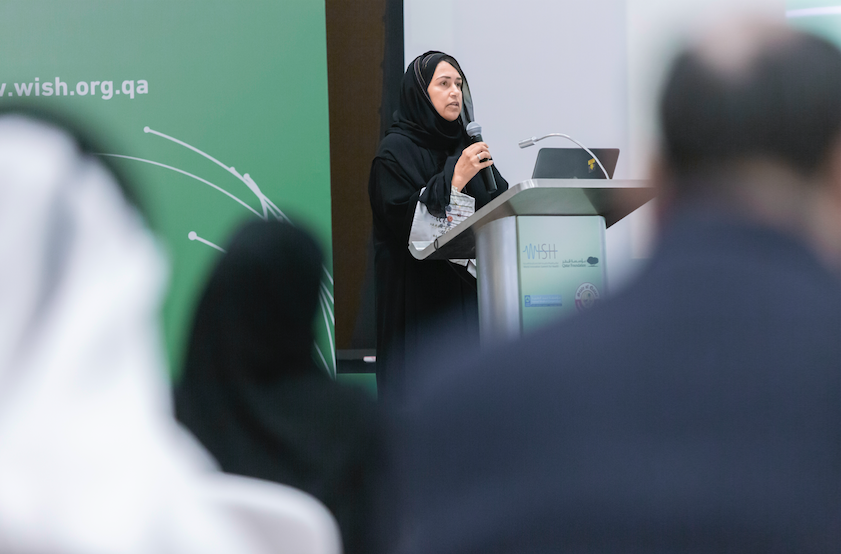
Sultana Afdhal, CEO of WISH, explained that only by studying the current status of palliative care provision and fully understanding future requirements, including the need for individual care, cultural considerations, and ethical challenges, can we move towards enhancing and developing this branch of medicine in Qatar.
She said: “Raising awareness of palliative care in Qatar is the first step. Based on the recommendations made in our study, we have developed a religio-culturally sensitive guide for caregivers, patients, and their families, in both English and Arabic. It will be distributed at all HMC hospitals in Qatar and explains what palliative care means, patient rights and communication etiquette for those involved. It also outlines the Islamic ethical perspective on the subject, which has been informed by our 2018 report on the topic.”
The event culminated with the signing of the Doha Declaration on Development of Palliative Care in Qatar between HMC, WISH and ADI. Central to the declaration is the expansion of palliative care services to people with non-oncologic patients, particularly the elderly and those with dementia.
WISH also delivered a two-day intensive training program that included reviewing different palliative care models, examining factors that influence communication in the care of older patients, and identifying grief to discuss key interventions. A total of 100 healthcare professionals including nurses, physicians and allied health professionals attended the program across the two days.
WISH has championed raising public awareness of palliative care since 2013, and has published a number of evidence-based reports to build a holistic knowledge base.


